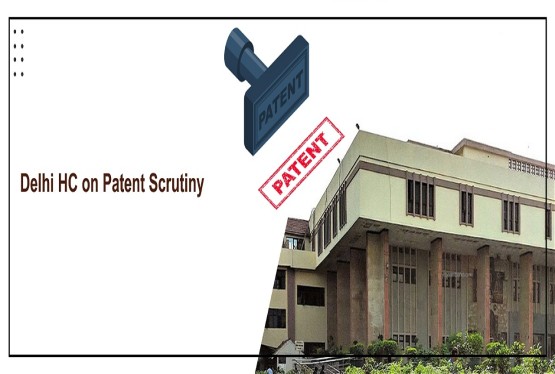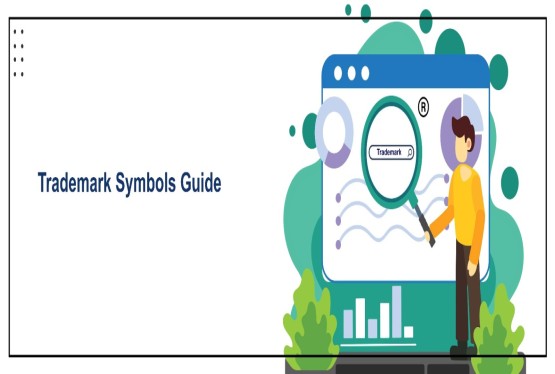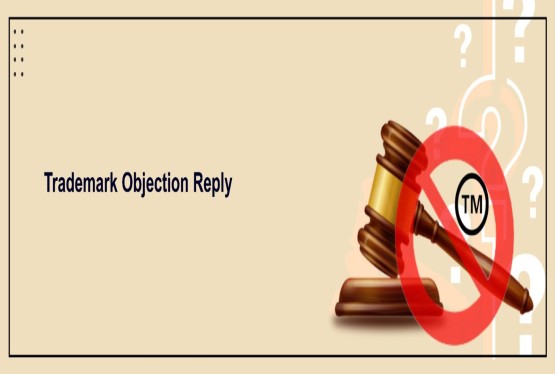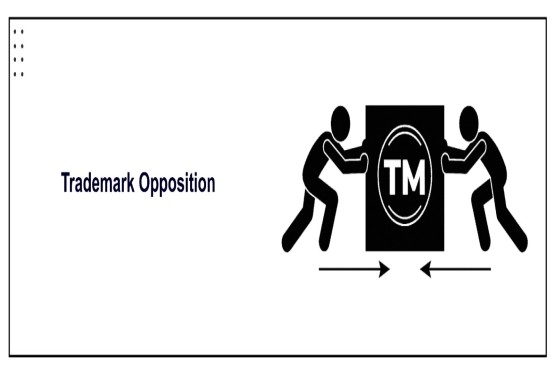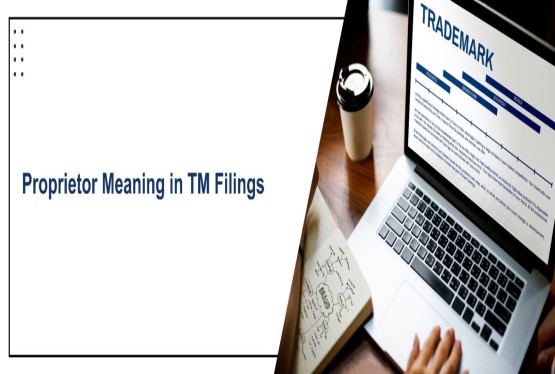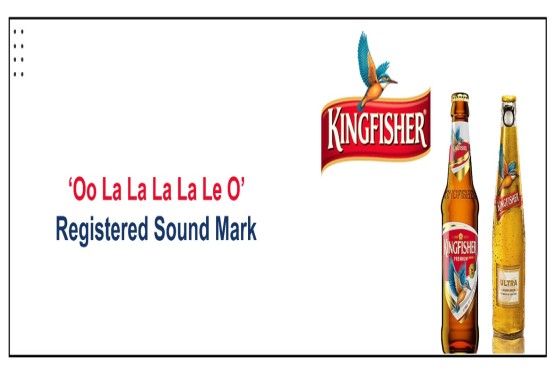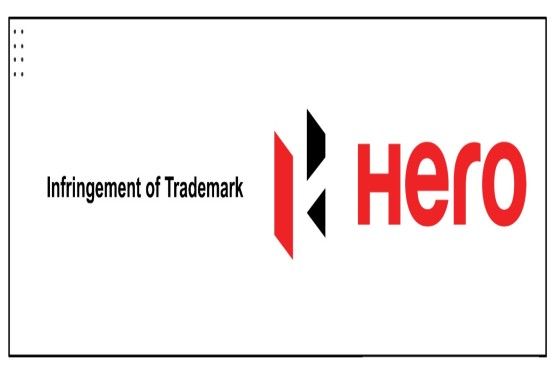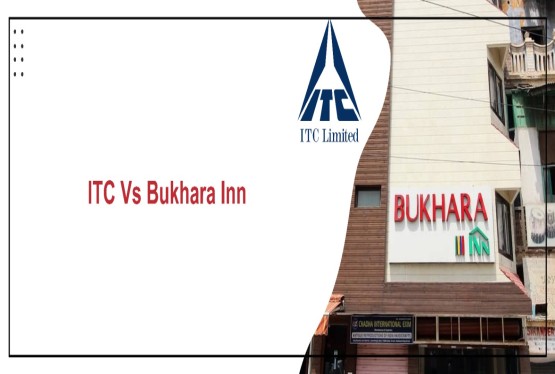The Delhi High Court has ruled that even momentary confusion in the mind of a customer is enough to establish trademark infringement under Trademark Act, 1999. The judgment came through an interim order restraining an Indian apparel company from using the mark "AERO ARMOUR", which was found deceptively similar to the well-known global brand "UNDER ARMOUR."
On May 23, 2025, a division bench comprising Justices Vibhu Bakhru and Sachin Datta overturned a previous single judge’s decision that had refused interim relief to Under Armour, Inc., the American sportswear giant.
The Court observed that while the subject marks “AERO ARMOUR” and “UNDER ARMOUR” were not identical, they were deceptively similar when assessed as a whole. According to the bench, the duration of consumer confusion is irrelevant; even brief confusion before completing a purchase is enough to constitute infringement.
Background of the Case
Under Armour, established in 1996 by Kevin Plank in Baltimore, Maryland, manufactures and sells sports clothes, footwear, and related products worldwide. The company entered the Indian market officially in 2017 through Amazon Fashion and opened its first physical retail store in New Delhi in 2019. In India, Under Armour holds multiple trademark registrations, including for “UNDER ARMOUR,” “UA,” and various “ARMOUR” related marks under Class 25, which covers clothing, footwear, and headgear.
The dispute arose when Under Armour alleged that an Indian company is operating under the name AERO ARMOUR and it was a infringing its trademark. The Indian entity, led by director Anish Agarwal, operated through the website and had applied for the trademark AERO ARMOUR under Class 25. This Trademark application had been published in the Trademarks Journal on June 27, 2022.
Under Armour filed a trademark infringement, passing off, and copyright infringement suit against both the company and the Proprietor Anish Agarwal, seeking an injunction to stop their use of the marks AERO ARMOUR and AERO ARMR.
Court’s Reasoning and Findings
Initially, the single judge had ruled only limited restrictions rather than granting a full injunction. Under Armour appealed this order before the division bench.
The defendants argued that their mark was inspired by aviation and military themes (given Anish Agarwal’s background as an aeronautical pilot) and that their products, themed around patriotism and defence, were distinct from Under Armour’s sports merchandise.
However, the division bench rejected these arguments, applying the Initial Interest Confusion doctrine. According to this principle, even if confusion only arises before the purchase is finalized, it is enough to qualify as infringement under Section 29 of the Trademarks Act, 1999.
The Court also dismissed the “sophisticated customer” defence (which suggests that well-informed consumers are unlikely to be misled), clarifying that the standard focuses on initial customer perception, not post-purchase understanding.
Key Legal Principles Applied
The division bench clarified that the anti-dissection rule — which requires assessing the mark as a whole rather than isolating individual components — had been misapplied by the single judge. Instead of disregarding the common word “ARMOUR,” the Court emphasized it should have been evaluated within the overall context of the marks.
Further, the bench acknowledged the strength and reputation of the Under Armour trademark, granting it heightened protection against similar or deceptively similar marks.
Same Market, Same Platforms
While the defendants claimed they operated in different market segments (sportswear vs. patriotic casual wear), the Court found both parties were in the same product category — clothing and footwear — and sold via common e-commerce platforms. Under Armour produced evidence showing that Google searches for terms like “armour clothes” brought up results for both brands.
The Court held that the phonetic and visual similarities between UNDER ARMOUR and AERO ARMOUR were clear, especially given their shared use of the word “ARMOUR.” It also noted that the respondents, being in the apparel business, would have reasonably been aware of Under Armour’s international presence and reputation.
Final Ruling
Finding prima facie evidence of dishonest adoption by the respondents, the Court ruled in Favor of Under Armour and granted the interim injunction.
“The respondents are restrained from using the impugned marks or any other mark deceptively similar to the appellant's word mark 'UNDER ARMOUR' until the disposal of the suit,” the Court ordered, setting aside the single judge’s earlier decision.
FAQ Section
Q1. What was the dispute about?
Ans. Under Armour sued an Indian company using the mark AERO ARMOUR, claiming it infringed their well-known trademarks under Class 25 (clothing, footwear).
Q2. Why did the Court side with Under Armour?
Ans. The Court found the marks deceptively similar, especially when viewed as a whole, and applied the Initial Interest Confusion test.
Q3. Does short-term confusion matter under Indian law?
Ans. Yes. Even brief or pre-purchase confusion is enough to establish trademark infringement.
Q4. Did it matter that the Indian company claimed a military or aviation theme?
Ans. No. The Court ruled that the product categories were the same (apparel and footwear) and targeted similar customer groups.
Q5. What was the outcome?
Ans. The Delhi High Court set aside the earlier ruling and granted an interim injunction, restraining the Indian company from using the AERO ARMOUR mark until the suit is resolved.

_crop6_thumb.jpg)




























_(b)_of_the_Trademark_Act,_1999_(1)_crop10_thumb.jpg)



_crop10_thumb.jpg)




























_crop10_thumb.jpg)
_crop10_thumb.jpg)






_crop10_thumb.jpg)








_crop10_thumb.jpg)



_crop10_thumb.jpg)





























_crop10_thumb.jpg)

















_crop10_thumb.jpg)






_crop10_thumb.jpg)












































































































































_crop10_thumb.jpg)




































_crop10_thumb.jpg)












_crop10_thumb.jpg)


















































































































































